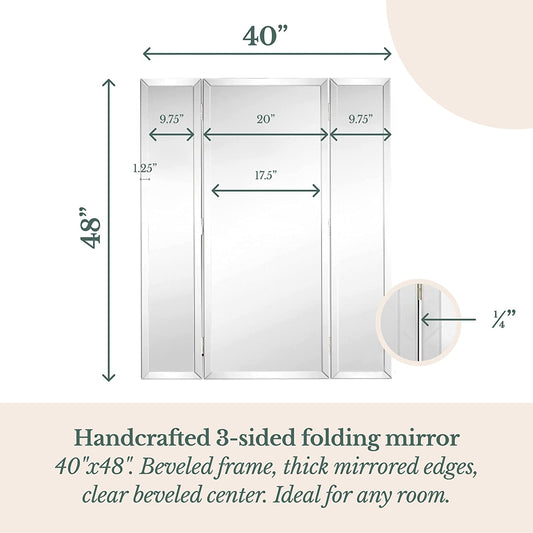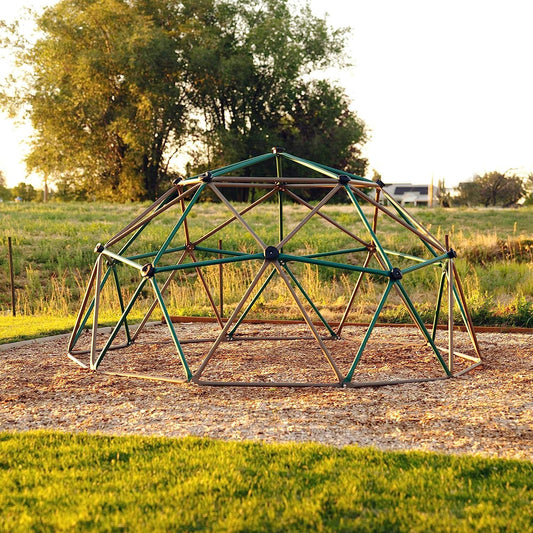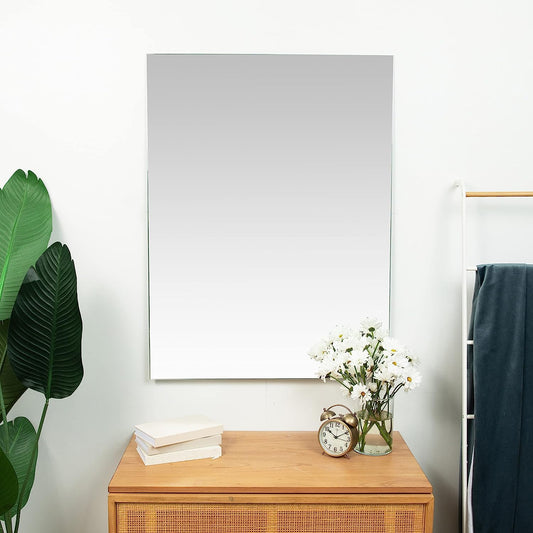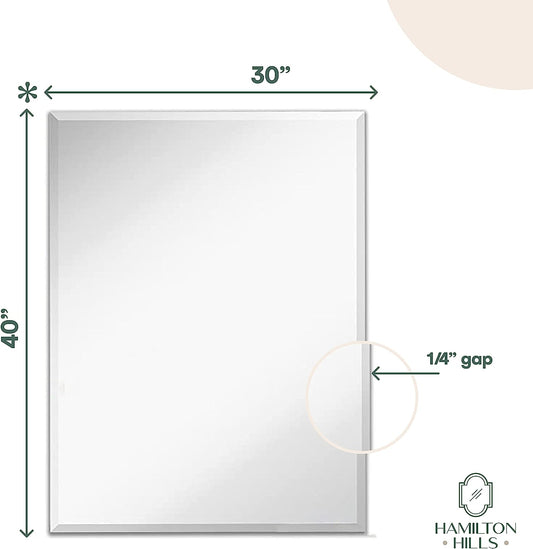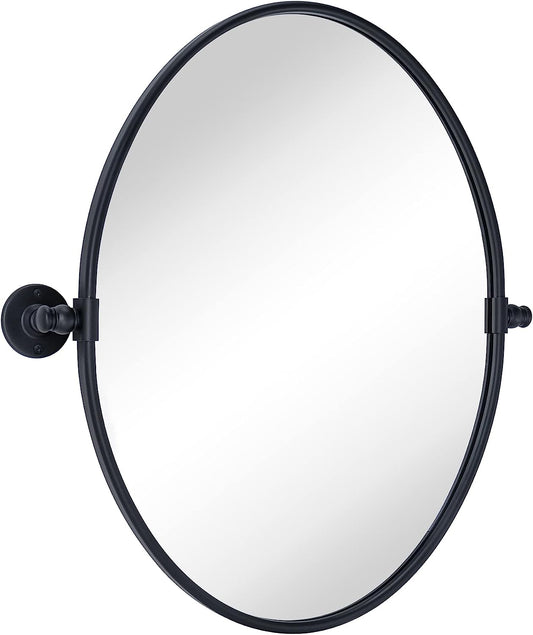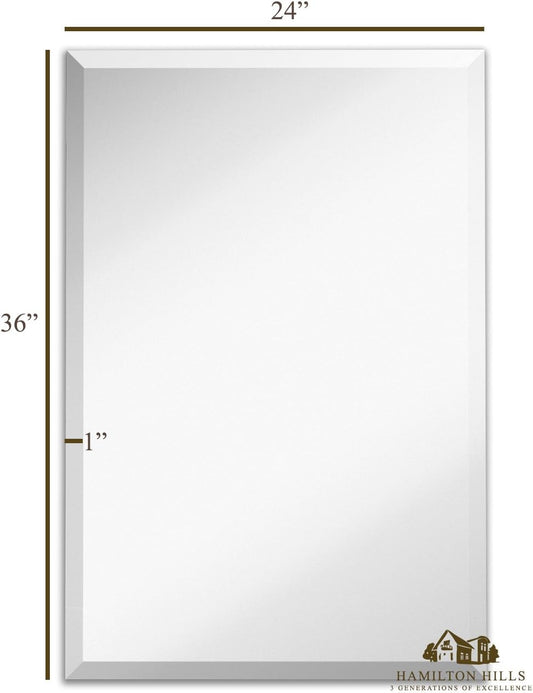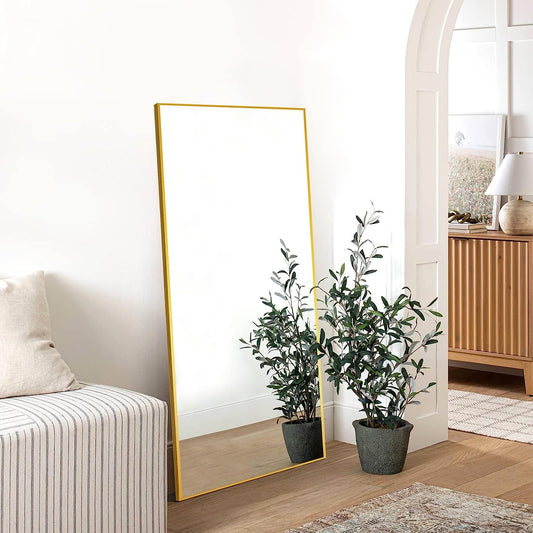The Glass is Sometimes Greener
The greatest and most obvious benefit is that glass is endlessly recyclable. It never loses its quality or purity, no matter how many times it’s reused or recycled. Cleaning and reusing glass saves you the cost and time of buying new plastic while also reducing your overall carbon footprint and saving space in the landfill. If you feel uncomfortable cooking in plastic or silicone, this method is also a great alternative due to how chemically non-reactive it is. It is nonporous and impermeable, meaning there is no interaction between the vessel and the food inside. Not to mention, mason jars are great for storing food you buy in bulk, for leftovers, for your infused cocktails or for popular DIY hacks like flower arrangements. The options are endless!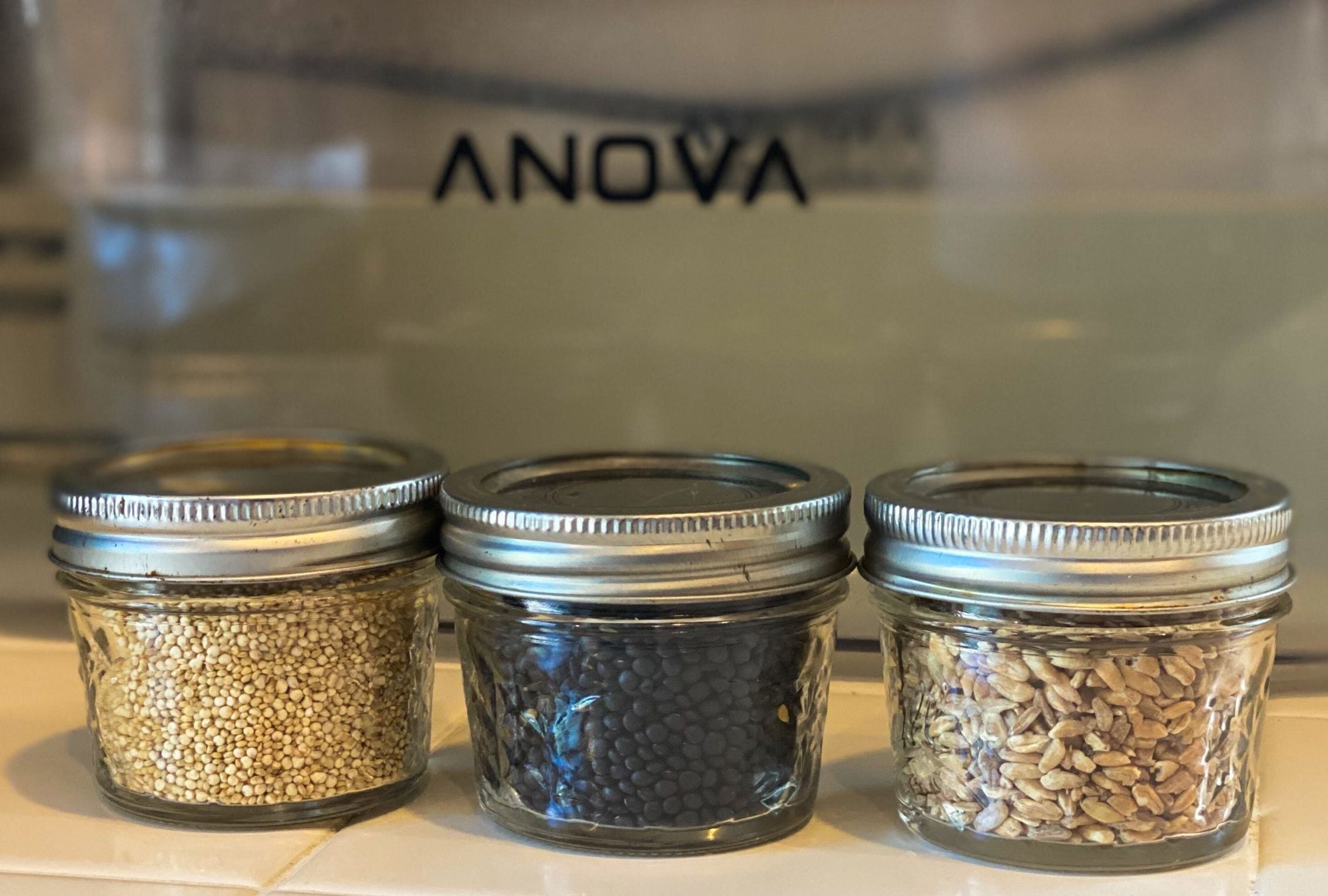
Downsides
You can’t cook everything inside of a glass jar so this limits your options. Most meat recipes are not suitable for jar-based cooking unless meat is diced and packed in tight. Fruit and vegetables that are bulky, delicate, or juicy (think corn on the cob, asparagus, or tomatoes) are also not a good choice. This is because many sous vide recipes expand or release gasses and/or liquid as they cook. Plastic and silicone bags are flexible and can react to changes in the volume of your food while glass jars cannot. Glass doesn’t convey heat very quickly so cooking in glass often requires more time than using a plastic or silicone bag. Jars can break if you bring the recipe to a high temperature too quickly, so it’s best to bring the temperature up gradually. Finally, glass will stay hot when you remove it from the water bath so remember to be careful to not burn yourself. If you want to find out more information on how to sous in glass, here are 5 tips to help you get started.Glass + Environment
There are also some environmental downsides to glass. About 40% of glass thrown into single-stream recycling collections actually gets recycled. Some facilities choose to crush the glass and use it as a landfill cover instead since it’s cheaper than recycling. This is a major issue as one glass bottle can take thousands of years to decompose. Since the life cycle of glass is so long and it doesn’t leach any chemicals, we believe it’s better to repurpose and reuse as much as you can before you recycle it! And when it is time to recycle, we encourage you to look into your local recycling laws to make sure it’s not going to landfill.Recap
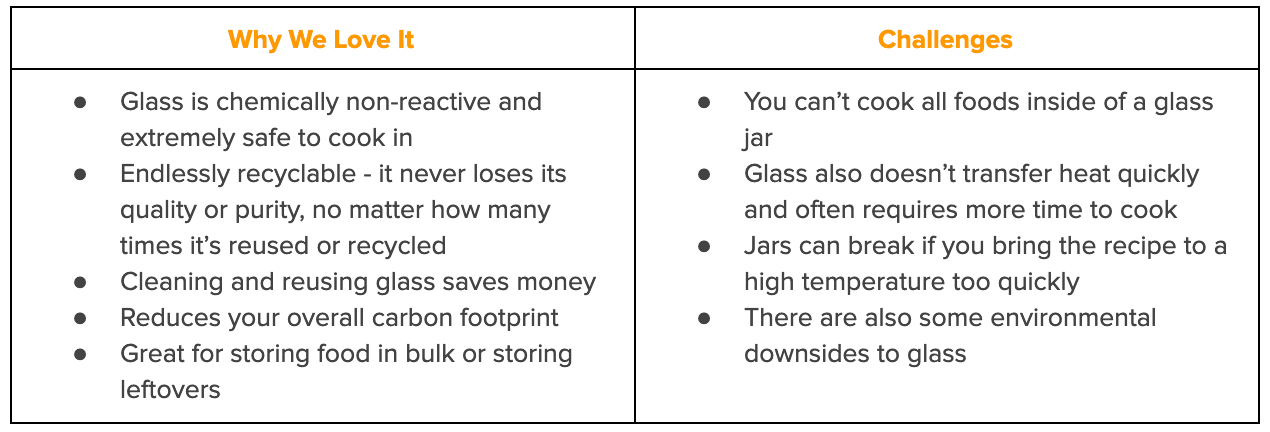 Please feel free to reach out with any questions and thank you as always.
Until next time,
Anastasia
Please feel free to reach out with any questions and thank you as always.
Until next time,
AnastasiaThe post How to Use your Sous Vide Sustainably Part 3: Glass Edition appeared first on Anova Culinary.

